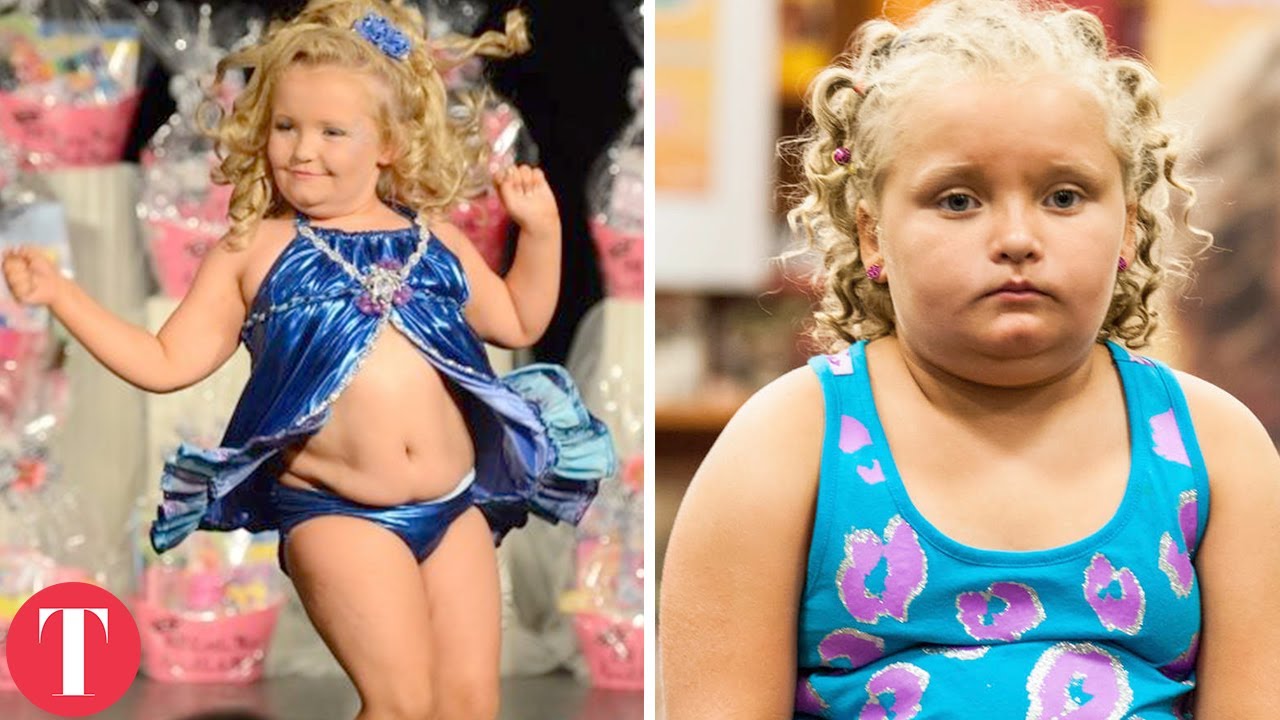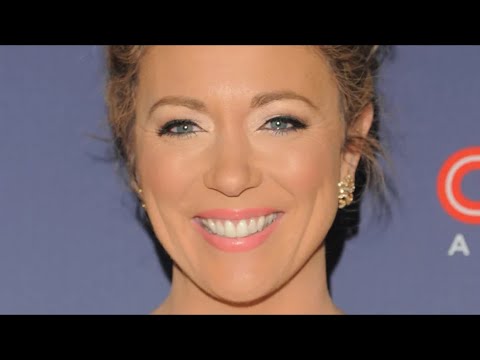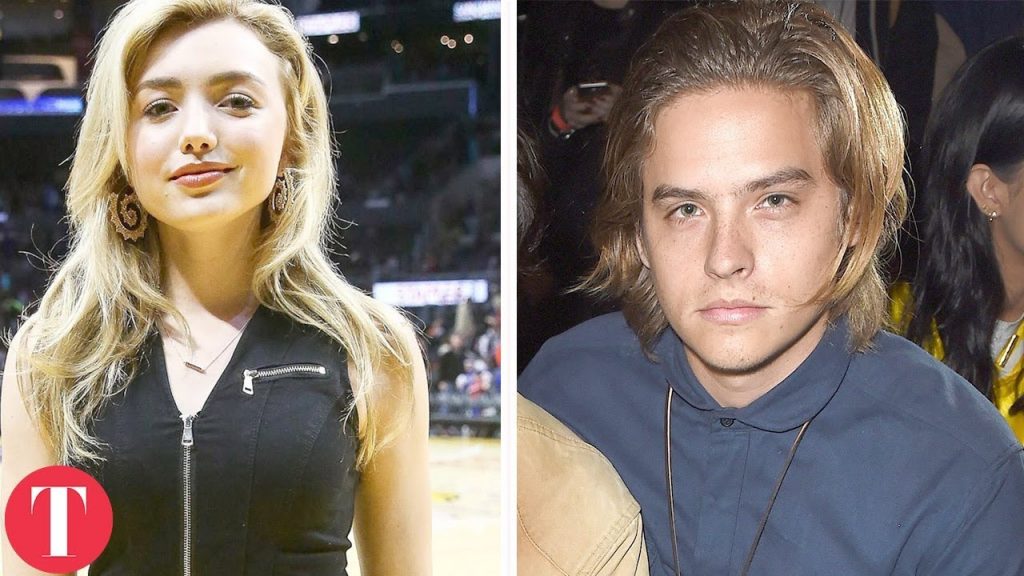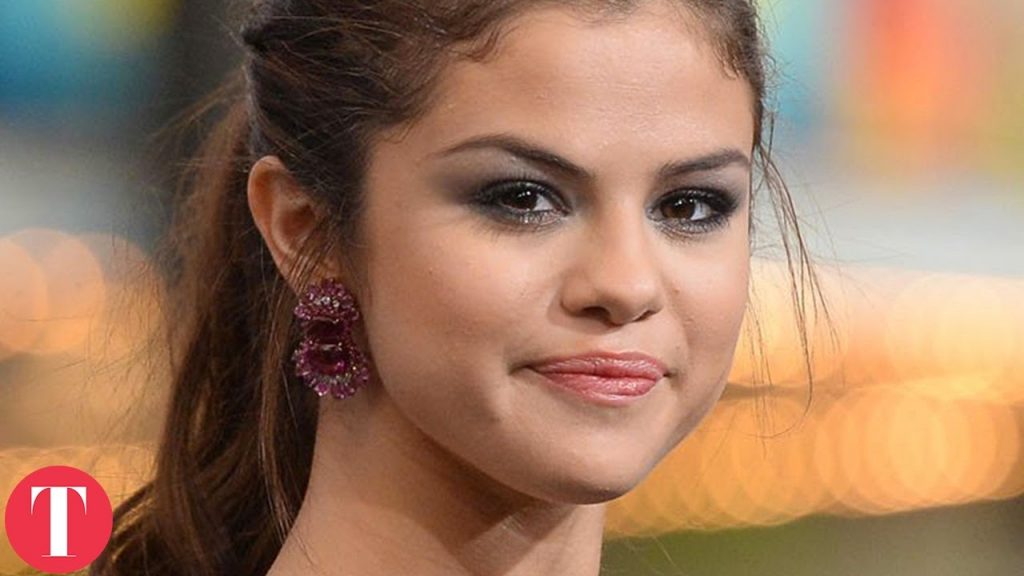10 Times Kids Beauty Pageants Sent The Wrong Message

10 Kids beauty pageants that went too far!
We live in a world where image is everything. This is even more so if your world includes kids’ beauty pageants. From obsessing over fame to having toddler makeovers, these are ten times kids beauty pageants sent the wrong message.
How can beauty pageants exploit children and prioritize the organizers’ financial gain over children’s wellbeing and happiness?
Beauty pageants for kids have been a source of controversy for years. Critics argue that these pageants put too much emphasis on physical appearance and can have negative psychological effects on young children. Here are ten times kids beauty pageants sent the wrong message and why they should be reconsidered.
1. Encouraging objectification: Kids beauty pageants can lead to objectification, where children are evaluated solely on their looks rather than their talents, intellect, or personalities. This can lead to a lack of self-esteem and confidence.
2. Promoting unhealthy beauty standards: Many pageants impose strict beauty standards such as high hair and heavy makeup that are not appropriate for children’s age. This can lead to children developing body image issues and eating disorders.
3. Creating unrealistic expectations: Kids beauty pageants create unrealistic expectations of beauty, success, and popularity. This can lead to children feeling inferior and developing a competitive mindset that may hurt their emotional and social development.
4. Encouraging early sexualization: Some pageants may require girls to wear revealing clothes or perform suggestive dance routines, which can lead to the early sexualization of children.
5. Focusing on physical perfection: Pageants often focus on physical perfection and create an unattainable standard of beauty. This can lead to children feeling inadequate and may contribute to the development of anxiety and depression.
6. Reinforcing gender stereotypes: Pageants often perpetuate gender stereotypes which can have lasting effects on children’s beliefs about gender roles and expectations.
7. Leading to unhealthy competition: Pageants can promote unhealthy competition among children, leading to feelings of jealousy, betrayal, and loneliness.
8. Undermining intrinsic motivation: Pageants often prioritize external rewards over intrinsic motivation, where children are rewarded for their looks rather than their hard work, skills, or abilities.
9. Damaging children’s self-image: Pageants often instill negative messages about beauty, encouraging children to fit into narrow standards that may not match their natural qualities or personalities.
10. Exploiting children: Some pageant organizers may exploit children’s talent, time, and money and prioritize their own financial gain over children’s wellbeing and happiness.
In conclusion, kids beauty pageants can send the wrong message and may impact children’s development negatively. It is essential to re-evaluate the principles of these pageants and ensure they prioritize children’s rights, autonomy, and individuality. Children have a right to be recognized for their unique qualities, skills, and talents, and to develop into confident individuals who are proud of who they are.









10 Celebs Who Are Unrecognizable Without Makeup
10 Celebs Who Gave Up Fame To Work Normal Jobs
Horror Movie Villains That Are Actually Gorgeous In Real Life
Hugging Another Dog Too Long | Jealous Dog Reaction
Risking My Life To Settle A Physics Debate